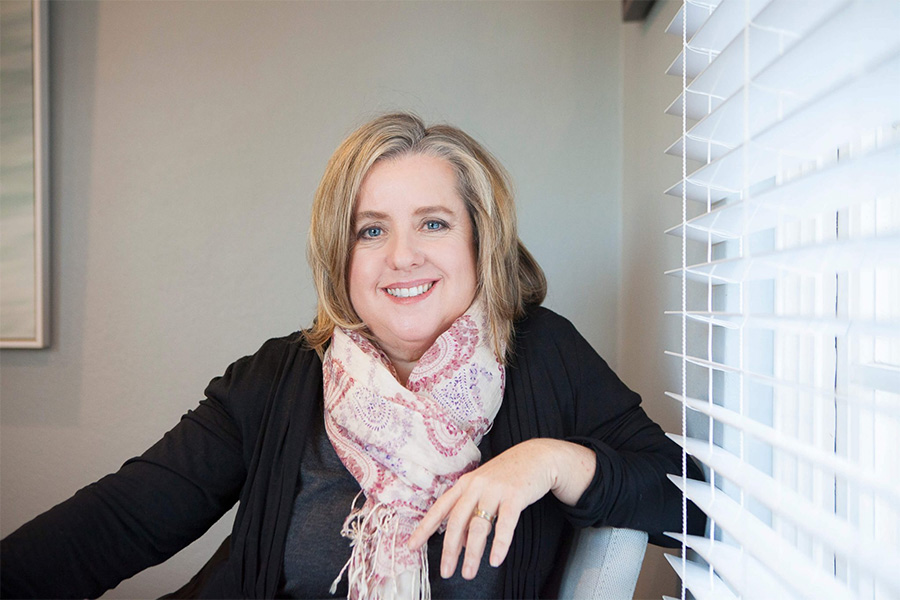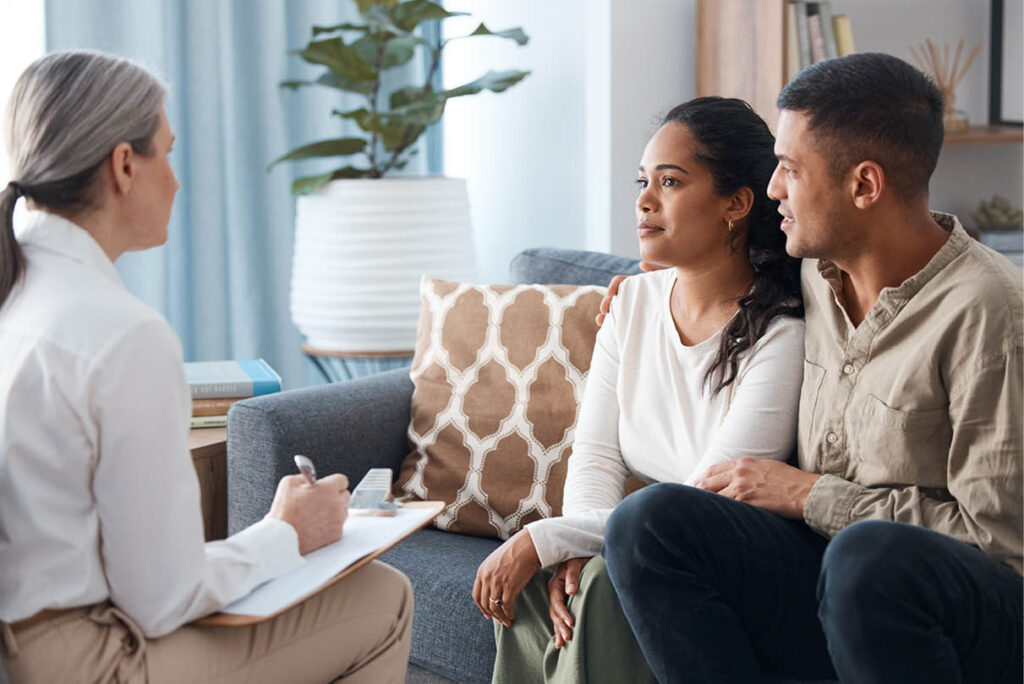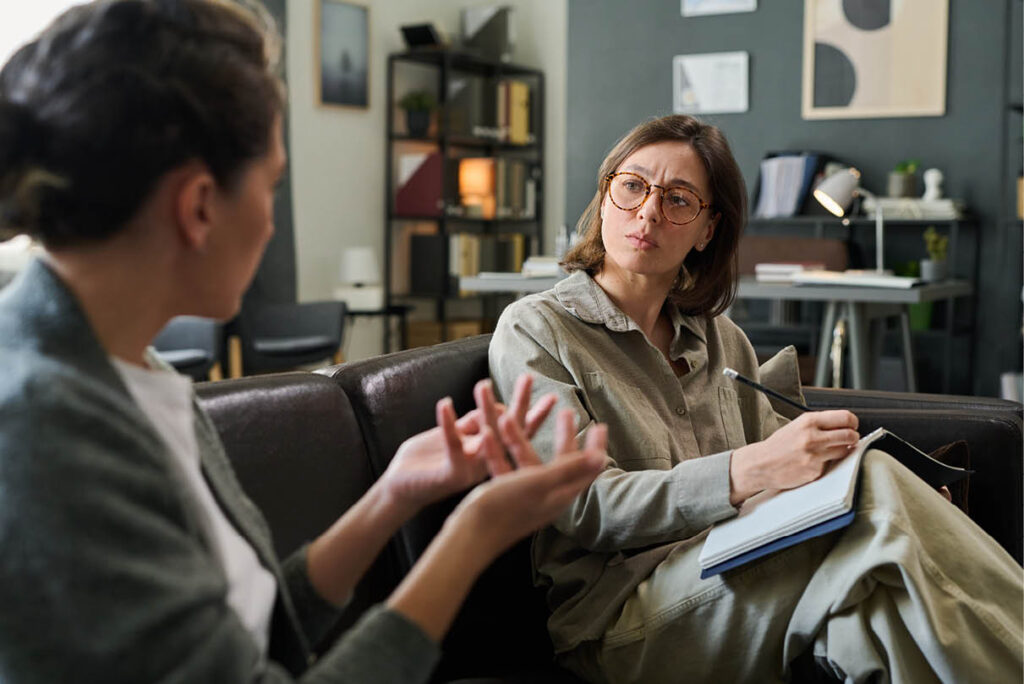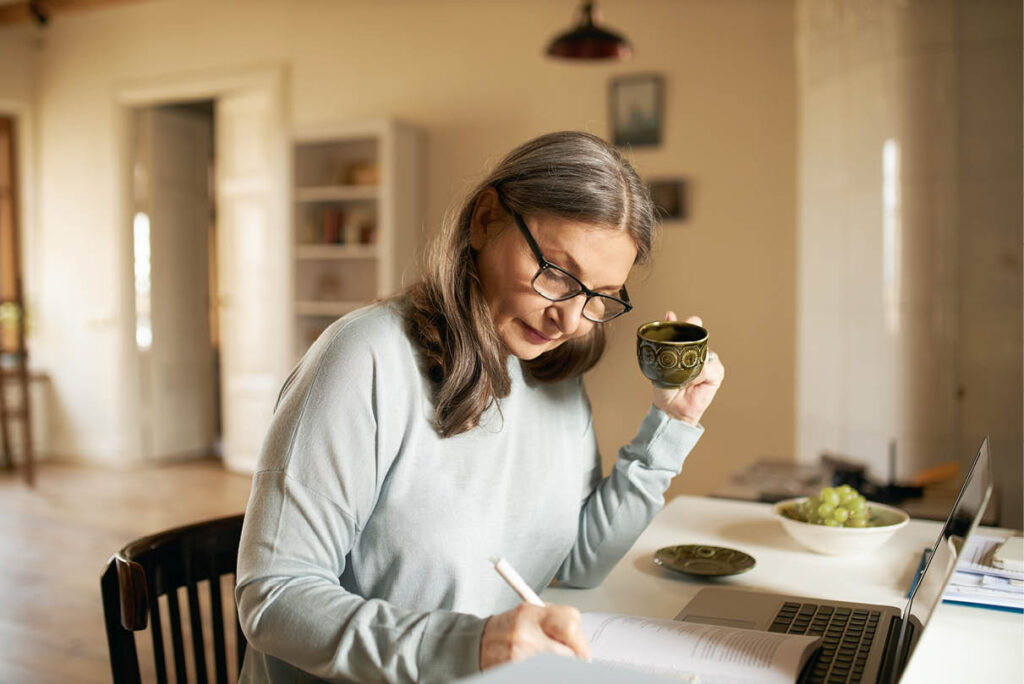You, Me & Us (YMU) began in 2014 as my private practice specialising in Relationship Counselling. My journey in this field started as a mediator, working with couples who were separating. While separation was sometimes the wisest decision, more often it was heartbreaking to see couples who still loved each other deeply still choose to part, just to avoid conflict and the pain of disconnection.
During my training, I delved deeply into Emotionally Focused Therapy (EFT) for couples—the world’s most empirically validated form of couple therapy. The more I learned about EFT the more convinced I became that this model was a highly effective tool in saving relationships. Armed with this knowledge, I wanted to work with couples in distress to help them navigate the pain of their situation. As based on empirical data, there is evidence to suggest that EFT can help 90% of couples improve their relationship.
In the EFT model, we take a non-blaming, non-judgemental, and validating approach to each partner’s experience, recognising that there are always two perspectives and two sets of hurts. Discovering EFT was a lightbulb moment for me—the model made so much sense, and as my experience deepens, it continues to do so. Every day, I witness the profound benefits of this approach with my clients—seeing reconnection, realignment, and any improvement in a relationship where possible is the most rewarding part of my work.

As demand for my practice grew, I gradually expanded to build a larger team. Today, I am proud to have brought together a wonderful group of therapists, each trained in various forms of relationship and family therapy, with expertise in working with individuals, couples, or families.
Our primary focus has always been our expertise in treating couples, but increasingly, we provide meaningful medium- to long-term psychotherapy for individuals who are making sense of past and present relationships.
With the growing understanding provided by neuroscience about how our brain and emotions are intricately connected to our physical body, there has been a significant shift towards using experiential, bottom-up, and present-process therapies in psychotherapy.
Often, trauma or attachment distress (read more about attachment elsewhere on this site) lies at the heart of emotional pain. Sometimes, we understand the source of our unhappiness, while at other times, it can feel unclear and overwhelming. In such moments, working with a professional can be invaluable in uncovering and addressing what is truly going on.
As our client, you may seek to better understand your ways of coping, to grow, and to expand your capacity for relaxation, happiness, confidence, and forming healthy relationships. Our therapists provide a safe haven as you navigate your personal growth. We are committed to fostering strong, meaningful therapeutic relationships with everyone we work with.
We are passionate about guiding this process with care, continuously expanding our team, enhancing our expertise, and extending our reach to support more clients each year.

Our practice is far more than just a collection of therapists advertising on a website. We work cohesively, upholding the highest quality standards through extensive supervision, ongoing training, and collegial support.
As the director of YMU, I am very proud of our lovely team of therapists and deeply committed to their personal growth. Collaboration is at the heart of our ethos—we meet regularly to share learning, exchange insights, and grow as therapists, always with a focus on best practice. Our goal is to serve our clients with excellence, both as individuals and as a team.
While we are human and not always perfect, we are deeply committed to supporting you in the best way we can.

But how do you know what to look for in a therapist? Who is truly skilled? Who might inadvertently harm your relationship or mental health instead of helping? How do you even begin to figure that out? What is the difference between a counsellor and a psychologist? How are they trained? Don’t they just talk to you and offer advice?
Many people outside of our profession wouldn’t know the answer to these questions. A lot of the information provided on this website is designed to answer these questions so that you get the right help for you—even if you end up choosing another practice.
An important thing to note is that when you’re in the room with a highly skilled therapist—something I’ve repeatedly observed while reviewing training tapes—their words and questions may seem deceptively simple. But with an exceptional therapist, what appears to be a straightforward conversation is actually being underpinned by very complex micro and macro interventions that take you closer towards your goals.
How do we do this? In our foundational training, whether in counselling, social work, or psychology, we study the essentials of trauma, grief, behaviourism, life-stage development, and much more. We also develop core skills in assessing, case formulation, reflective practice, and fostering curiosity with clients. Over time, many of us choose to specialise in different therapeutic modalities.
A skilled therapist usually selects a few modalities that resonate with them. These provide a framework for managing sessions, conceptualising presenting issues and facilitating the necessary healing work with clients. Approaches to healing psychological wounds, addressing relationship issues, and fostering growth and flourishing are highly diverse.
As you can imagine, there are hundreds of modalities available. As time passes, some approaches become outdated, while new scientific research and evidence-based practices evolve our understanding. An important factor in choosing a therapist is to explore the modalities they use and see which ones resonate with you.

Skilled therapists engage in extensive professional development, not only to deepen their foundational knowledge but also to master their chosen modalities.
Great therapists are committed to continuous learning, receiving supervision from both local and international experts. We submit recordings of our sessions for review and then receive valuable guidance on refining our skills. Additionally, we participate in professional development and peer meetings to explore ways to enhance our practice, driven by the challenges we encounter and our ongoing desire to improve. Given the complexity of the human condition, this is a lifelong journey for us.
There is a significant difference between therapists who merely meet the minimum qualifications and those who actively engage in self-reflection and continual improvement. At YMU, ongoing development is a non-negotiable requirement for all our therapists.
When you come to us as a client, I have full confidence that our therapists will do their utmost to support you and your relationships to the best of their ability. However, it’s important to note that, despite all the training, care, and effort we invest, you will need to feel confident in your therapist in order to feel safe enough to explore difficult areas. This trust takes time to build.
If you feel your therapist isn’t the right fit, it’s important to acknowledge that—regardless of their experience, enthusiasm, or qualifications. if you’re struggling to build a connection with your therapist. It’s essential to share those feelings so you can work through them together. A good therapist will do this without defensiveness, and that conversation will become an important part of your therapeutic relationship.
If that does work please don’t give up on therapy or your relationship—instead, please remind yourself that you simply haven’t found the right therapist yet. The right person to connect with you and help you is out there—with us or at another practice, you absolutely deserve help from a caring person who you connect with.

In relationship counselling, we were the first and only group of practitioners in Canberra to prioritise Emotionally Focused Therapy (EFCT) for Couples, which is proven to be the world’s most effective form of couples therapy. We have a deep understanding of how relationships work and recognise both the common and unique themes that emerge in the relationships we encounter every day. We are highly motivated to give your relationship the best chance to heal, or, if needed, to support you in ending the relationship with mutual dignity and compassion. Our relationship therapists are also trained in a mixed and variety of other modalities—John and Julie Gottman’s Gottman Therapy, Schema Couples Therapy, and Hakomi Couples Therapy.
We work with couples both pre- and post-separation in counselling and mediation. We also assist couples in discernment, where one or both partners feel ready to end the relationship but need clarity on whether staying together is a viable option.
When working with individuals, modalities such as EMDR, Somatic Therapy, Schema Therapy, and Accelerated Experiential Dynamic Psychotherapy align with our approach and are part of the toolkit used by many of our therapists. Additionally, we support individuals dealing with grief after separation and help separated couples improve communication, using the latest in Mediation Techniques.
In our practice You, Me & Us (YMU), we needed a unifying approach to work together cohesively, and for us, that is Emotionally Focused Individual, Couple, and Family Therapy (EFT). With EFT trainers, supervisors, and therapists worldwide, along with the growing number of practitioners and an expanding evidence base, it provides a solid, evidence-based foundation for our work.
We refer to ourselves as “Attachment Therapists” because we are deeply interested in understanding and addressing underlying attachment patterns. Our goal is to help you resolve systemic issues in your relationships sooner rather than later, so you are no longer impacted by unhelpful patterns with your current or future partner. In addition to working with couples, we also support families and individuals, applying a similar therapeutic approach to guide them towards holistic wellness.

We also stand apart from many therapists in that we specialise in experiential therapies. As Emotionally Focused Therapists, our focus is on your emotional experiences. Body-based emotions are often stored from past relationship experiences or trauma.
By prioritising emotional work, we unpack and explore how these experiences shape your way of being. You might relate to this by recalling a time when your thoughts endlessly circled, trying to find a solution or feel better, yet no positive conclusion seemed clear. Overthinking a problem can often get you nowhere—and we may not always understand the emotions underpinning the rumination.
Our goal is to help you bypass these unhelpful patterns using the latest, evidence-based and effective techniques.
Counselling is an investment and can be expensive, but we believe it offers great value. Our therapists are trained in the world’s leading counselling techniques, and our 75-minute sessions are longer than average. This allows more time to explore the issues you are facing in-depth.
We are also committed to seeing clients on a regular basis. We try to avoid inconsistent, ad-hoc session scheduling because therapy is most effective when it’s consistent. Attending therapy only during difficult times makes it harder to progress as a long time between sessions can cement in setbacks. It’s far easier to achieve growth in regular sessions.
For this reason, we work with clients who are committed to regular weekly or fortnightly sessions. When you begin therapy with one of our team members, you can be assured that, once therapy commences, every effort will be made to provide you with a dedicated time and space that allows you and your therapist to achieve the best possible results, until you and your therapist decide it’s time to end therapy.
I’m incredibly proud of the wonderful and talented group of therapists who work alongside me at YMU. You can learn more about them here. Each member of our team is trained in various modalities, each beneficial for different reasons, providing valuable tools for a range of clients and psychological presentations. You’ll find each therapist’s specific modalities listed under their profile. I hope this gives you a clearer understanding of who we are and how we aim to support you.

OUR PRACTITIONERS’ AFFLIATED ORGANISATION